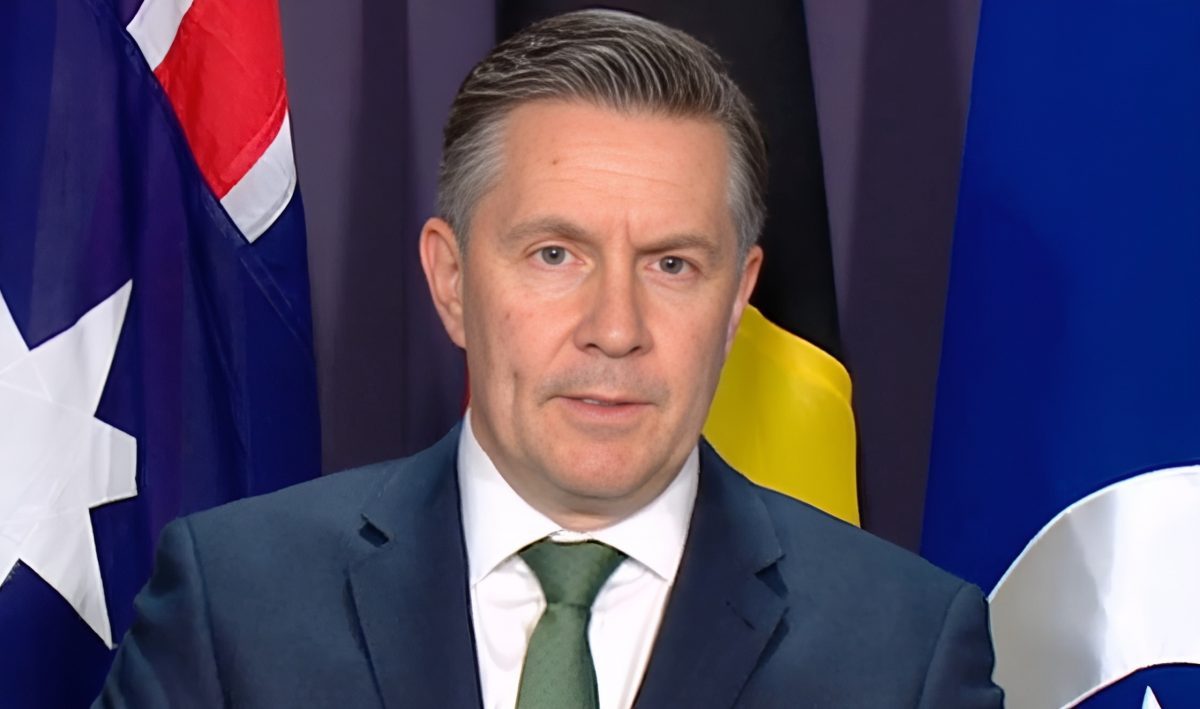
Pharmacist Asim Iqbal from Convenient Chemist Wollongong is concerned about proposed changes to the PBS dispensing rules. Photo: Supplied.
Illawarra pharmacists are concerned that changes to dispensing rules could lead to shortages and leave regional patients without access to essential medication.
The Commonwealth is proposing to double the dispensing limit from 30 to 60 days for 320 medications related to chronic illness on the Pharmaceutical Benefits Scheme (PBS).
Pharmacist Asim Iqbal from Convenient Chemist Wollongong says the changes could destroy Australia’s health system.
“I am very concerned about the proposed changes,” he said.
“We currently have a world-class health system, with a good balance between convenience and patient safety, however this policy has the potential to bring this system to its knees.”
Mr Iqbal is concerned about Illawarra residents having timely access to essential medications and patient safety.
“Over the last three years in particular, we have experienced significant shortages of critical medications,” he said.
“There are current shortages of common children’s antibiotics, blood pressure medications and even the blood thinner Coumadin just to name a few. The problem has become so bad that even pharmacy suppliers are limiting and rationing stock being sent out.”
If the proposal gets the green light, he says the stock shortages will worsen, and it will be the patients that suffer.
The plan promises to halve the fees the Government pays each time a pharmacist dispenses PBS medicines and Health Minister Mark Butler promised that it would make health care more affordable.
“This will halve the cost of medicines for, we think, six million patients at a time of enormous cost of living pressure,” he said at a media conference on Wednesday.
“This will not impact the supply and demand of these 300 medicines over a period of time. We’ve deliberately decided to phase in these arrangements over the course of this year and next year so that pharmacists are able to change their itinerary arrangements.”

Health Minister Mark Butler says the PBS changes will save the Government and patients billions. Photo: Supplied.
Federal Member for Cunningham Alison Byrnes says from September 1, patients with a Medicare card will save up to $180 a year if their medicine is eligible for 60-day prescribing and concession card holders will save up to $43.80 a year per medicine.
“While we acknowledge that these changes will cause some disruption to individual pharmacies, cheaper medicines will deliver real savings for millions of Australians and ensure fewer people are forced to go without medicine because of the cost,” she said.
“Pharmacists provide a vital service to our community, they already do much more than just dispense medicine and the Government is supporting our trusted pharmacists to play an even bigger role in the healthcare of Australians.
“Every dollar saved by the Government will be reinvested straight back into community pharmacies to secure the ongoing strength of the sector.
“The details of those investments will be unveiled as part of the Budget.”
Ms Byrnes said the Government was also investing $350 million to community pharmacy outreach into aged care facilities to ensure older Australians are managing their medications.
The Pharmacy Guild of Australia has pushed back, warning of supply shortages and financial impacts for pharmacies.
Pharmacists are concerned that hoarding of medication and wastage could also increase, and the financial cost to businesses may make some smaller operations unsustainable.
Mr Iqbal said the main priority for the Federal Government should be to “address and rectify stock shortages”.
“This proposal is simply about saving funds, however at what cost?” he questioned.
Illawarra Pharmacist Association (IPA) president Sharon Doolan said the group was providing support to pharmacists in the region.
Ms Doolan said she could see the impact the changes would have on the health care services provided to customers with the concern of accessibility to medicines and health care being compromised.
“Our pharmacists and their teams have been there with the doors open and providing health care though the most difficult of situations with COVID, bushfires and floods,” she said.
“We need to continue to have these services available for our region. The impact of the 60-day dispensing will most certainly change the opportunity for pharmacies to continue to provide many of their services.”
The changes are expected to be implemented from 1 July.


















